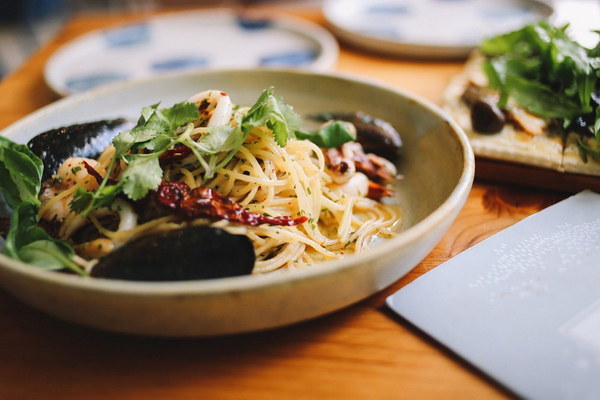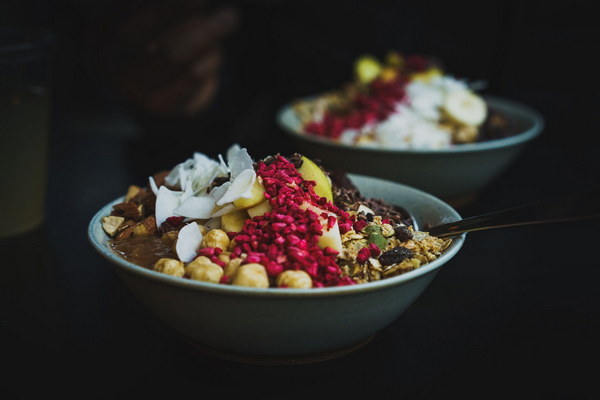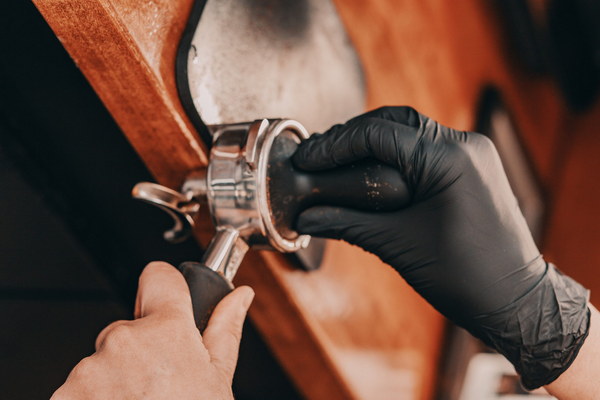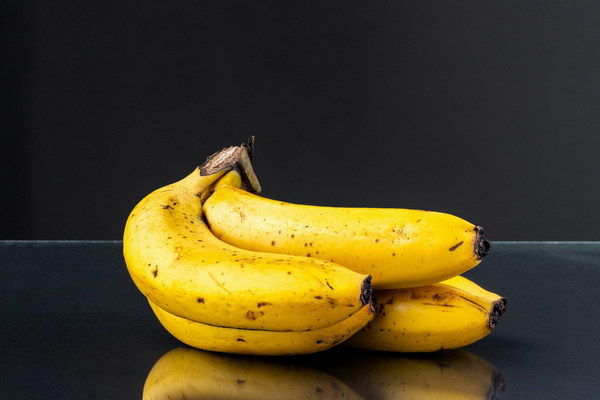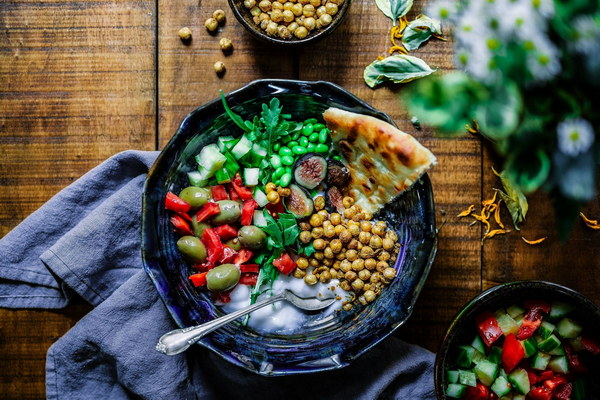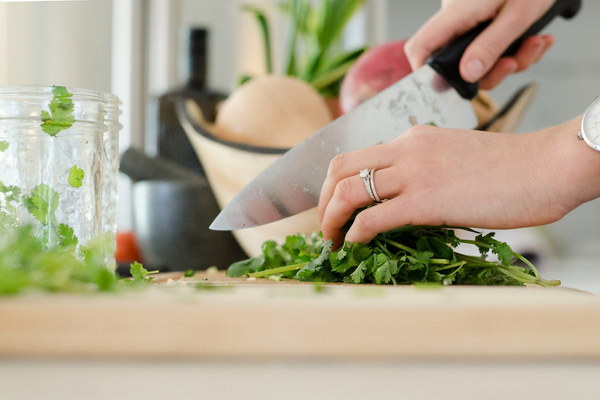The Ultimate Guide to Nourishing the Heart and Boosting Qi & Blood Traditional Remedies and Recipes
In the realm of traditional Chinese medicine, the concept of nourishing the heart and boosting Qi & Blood is a fundamental principle. This article aims to provide a comprehensive guide to the time-honored remedies and recipes that can help achieve this balance. Discover the secrets of ancient wisdom and learn how to incorporate these practices into your daily life.
I. Introduction to Heart and Qi & Blood Nourishment
The heart is the core of the human body, responsible for circulating blood and maintaining the balance of Qi (vital energy). Qi & Blood are interdependent, with blood providing the substance for Qi to flow, and Qi generating the warmth necessary for blood to circulate. When the heart is healthy and Qi & Blood are in balance, the body can function optimally.
II. Common Symptoms of Heart and Qi & Blood Deficiency
1. Fatigue and weakness
2. Palpitations (irregular heartbeat)
3. Shortness of breath
4. Poor concentration
5. Insomnia
6. Dizziness
7. Cold extremities
III. Traditional Remedies for Nourishing the Heart and Boosting Qi & Blood
A. Herbs and Supplements
1. Ginseng (Ren Shen): Known for its adaptogenic properties, ginseng helps to boost energy and improve overall well-being.
2. Astragalus (Huang Qi): This herb strengthens the immune system and enhances Qi.
3. Schisandra (Wu Wei Zi): Schisandra is a potent antioxidant that helps to nourish the heart and protect against stress.
4. Angelica sinensis (Dang Gui): Also known as Dong Quai, this herb is renowned for its blood-nourishing properties.
5. Rehmannia (Shu Di Huang): This herb helps to nourish the Yin and blood, promoting relaxation and restful sleep.
B. Dietary Adjustments
1. Include more heart-healthy foods in your diet, such as dark leafy greens, nuts, seeds, and legumes.
2. Consume foods rich in iron, such as lean red meat, poultry, fish, and legumes, to support healthy blood levels.
3. Avoid excessive intake of cold and raw foods, which can hinder digestion and weaken the body's Qi.
C. Lifestyle Changes
1. Practice regular exercise, such as walking, tai chi, or yoga, to improve circulation and boost Qi.
2. Get adequate sleep to allow your body to rejuvenate and restore balance.
3. Manage stress through relaxation techniques, such as meditation or deep breathing exercises.
IV. Traditional Recipes for Nourishing the Heart and Boosting Qi & Blood
A. Ginseng Chicken Soup
Ingredients:
- 1 whole chicken
- 4 slices of ginseng
- 1 piece of astragalus
- 10 slices of fresh ginger
- 1 tablespoon of salt
- 8 cups of water
Instructions:
1. Wash the chicken and place it in a large pot.
2. Add the ginseng, astragalus, ginger, salt, and water.
3. Bring the pot to a boil, then reduce the heat and let it simmer for 1.5 to 2 hours.
4. Remove the chicken from the pot and let it cool slightly. Slice the chicken and serve with the soup.
B. Schisandra and Goji Berry Tea
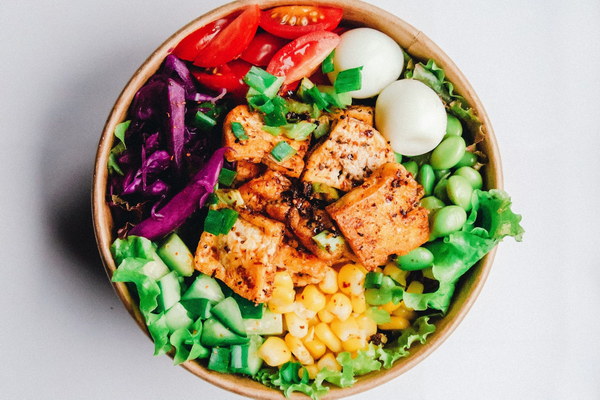
Ingredients:
- 1 teaspoon of dried schisandra berries
- 1 teaspoon of dried goji berries
- 1 cup of hot water
- Optional: honey or lemon
Instructions:
1. Place the schisandra berries and goji berries in a teapot.
2. Pour the hot water over the herbs and let them steep for 5-10 minutes.
3. Strain the tea and serve warm. Add honey or lemon to taste.
V. Conclusion
Incorporating traditional remedies and recipes for nourishing the heart and boosting Qi & Blood can lead to improved overall health and well-being. By understanding the principles behind these practices and making lifestyle changes, you can create a balanced and harmonious life. Embrace the wisdom of ancient traditions and discover the power of natural healing.

